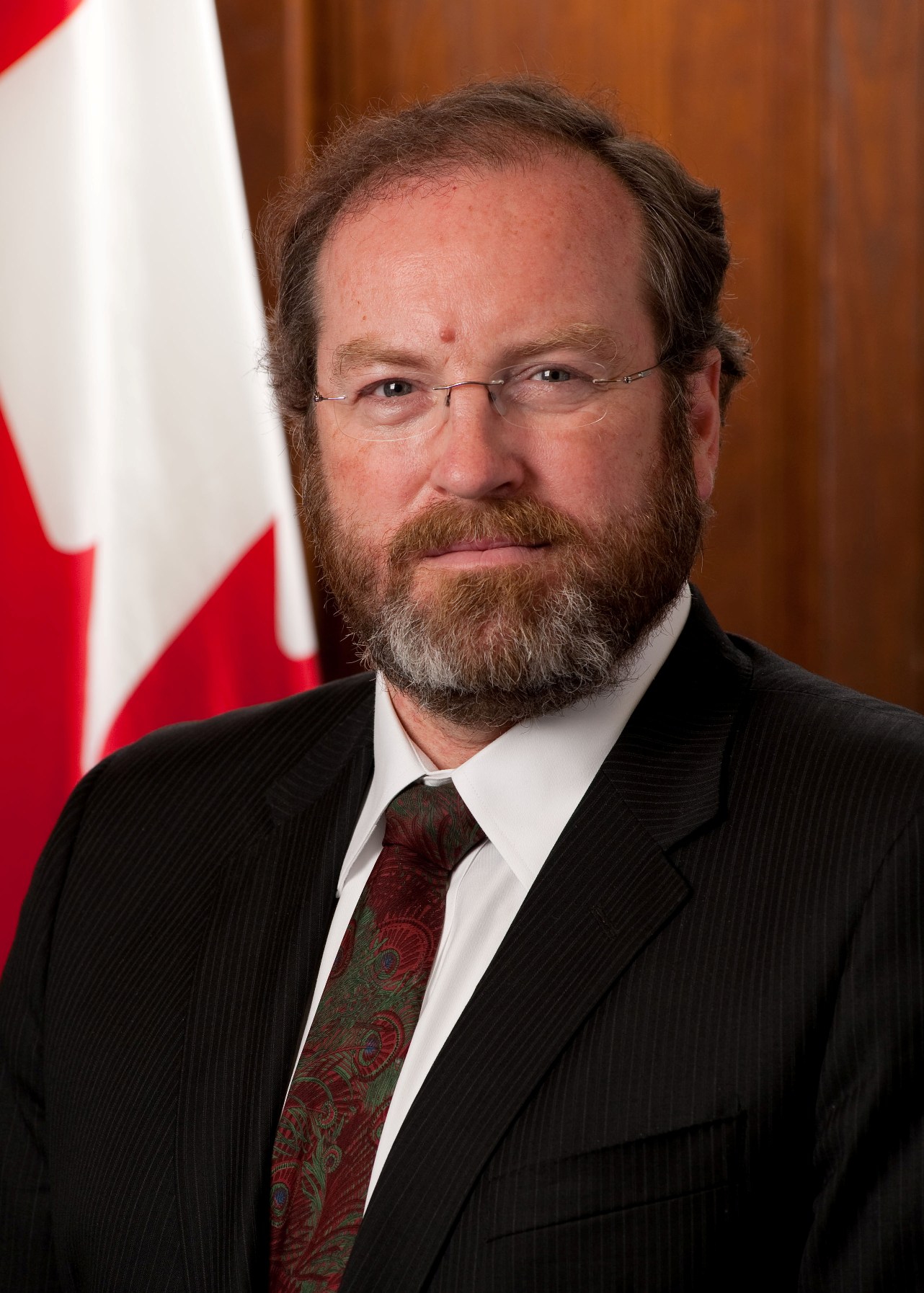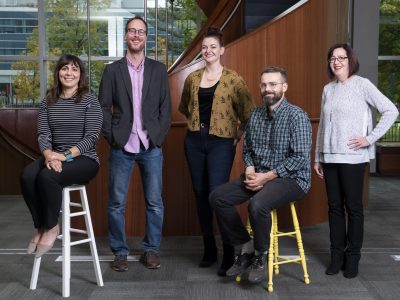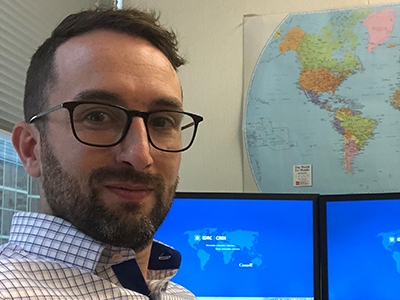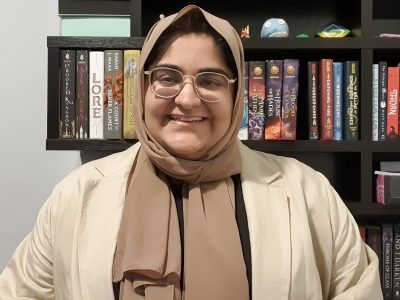This profile was part of the Faculty of Public and Global Affairs’ 75 for the 75th series, which highlighted 75 notable alumni in FPA in honour of Carleton University’s 75th anniversary. These stories were published in 2016 and 2017.
Canadian Ambassador to Kazakhstan (2009-2014)
Bachelor of Arts, Soviet and Eastern European Studies (’78)
Master of Arts, Soviet and Eastern European Studies (’82)

When Stephen Millar joined Canada’s diplomatic mission in Moscow in 2007, the city was flooded with wealth, funded by the spoils of high energy prices. Suburbs began to fill with single-family homes and traffic jams became a daily nuisance.
It was the second time Mr. Millar had been to the city, but it was almost unrecognizable now.
In February 1979, he had spent three weeks in Moscow as part of a ten-month exchange program with Leningrad University.
“It was during the Brezhnev era and Moscow was very gray.”
When he returned almost thirty years later, as Head of the Commercial Section of the Embassy of Canada, Mr. Millar found a “colourful city exploding with cultural creativity” that even offered a few surprises.
“My first major shock was when I called the cable company to set up the cable television in my apartment at 8 p.m. They were there within one hour,” he recalls.
Mr. Millar also encountered a populace that strongly supported President Vladimir Putin.
“The government was popular with many Russians because it expressed Russian nationalism,” he explains. “Plus, the state-controlled media does its best to downplay any opposition.”
Mr. Millar credits his experience in European, Russian and Eurasian Studies with providing him with the skills and knowledge he needed to advance within the federal civil service. He worked both in Global Affairs Canada and in the International Trade and Finance Branch of the Department of Finance.
In addition to his experience in Leningrad and Moscow, he also spent a year researching his master’s thesis in Hungary.
“The exchange programs strengthened my language capacity, which proved crucial for getting international positions in the federal government,” says Mr. Millar, who spent two years with the European Bank for Reconstruction and Development, in London, before accepting the diplomatic assignment in Moscow.
His experiences eventually led him to a posting as Canadian Ambassador to the Republic of Kazakhstan, the Kyrgyz Republic and Tajikistan—Central Asian countries with resource-based economies.
“It was fascinating to end my career in a country such as Kazakhstan with its history of bilingualism and multi-ethnicity, like Canada,” says Mr. Millar. “My role was to promote Canada, included promoting Canadian trade and investment by deepening ties with local business and government contacts.”
He also stressed the importance of border security in countries so close to Afghanistan.
“We worked with American and European partners to boost resources for border patrols and anti-narcotic trafficking,” he says. “We also strengthened the ability of the Kyrgyz Republic and Tajikistan to combat terrorism and help reduce the threat to neighbouring countries.”
As for students who are thinking of pursuing an international career, Mr. Millar sees a growing role for graduates who have international experience.
“It’s very important to take a global approach to one’s career because we live in an increasingly globalized world. It really helps if you understand how the global economy works because there are different approaches to business in foreign countries,” he says. “I also tell them to set their sights on what they want.”
Friday, August 19, 2016 in #FPA75, Career Paths, Institute of European, Russian, and Eurasian Studies
Share: Twitter, Facebook



